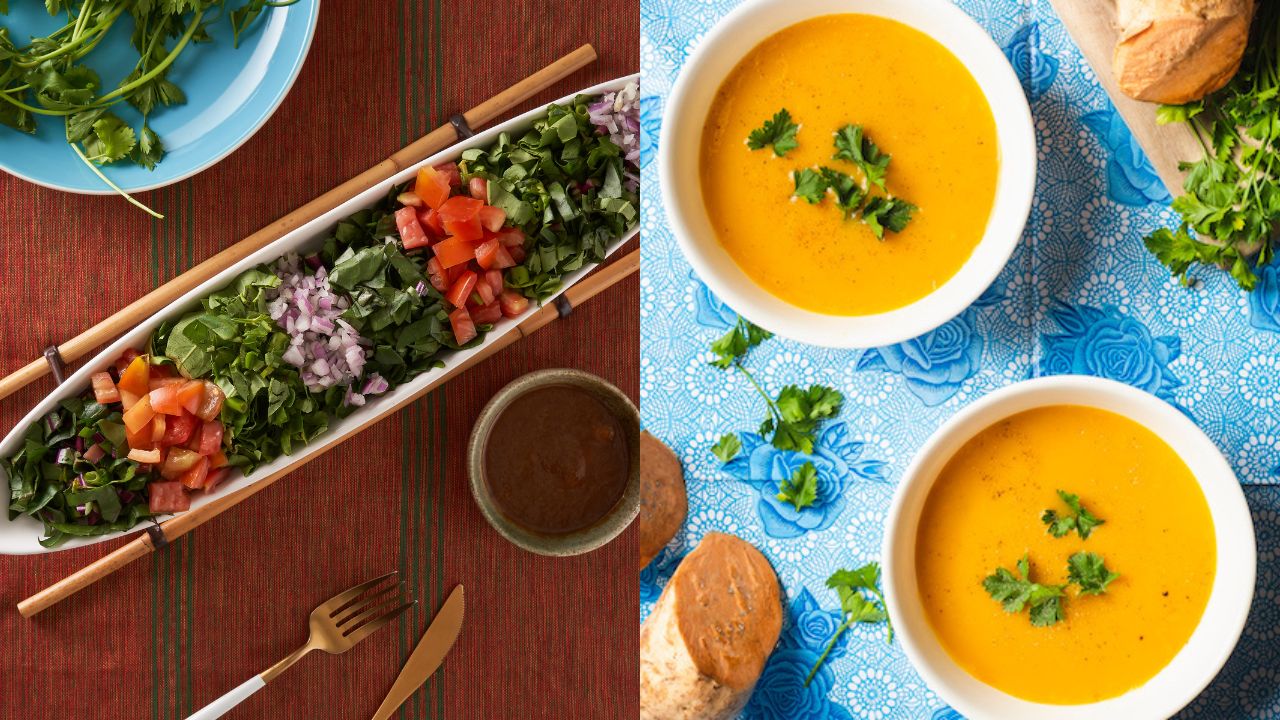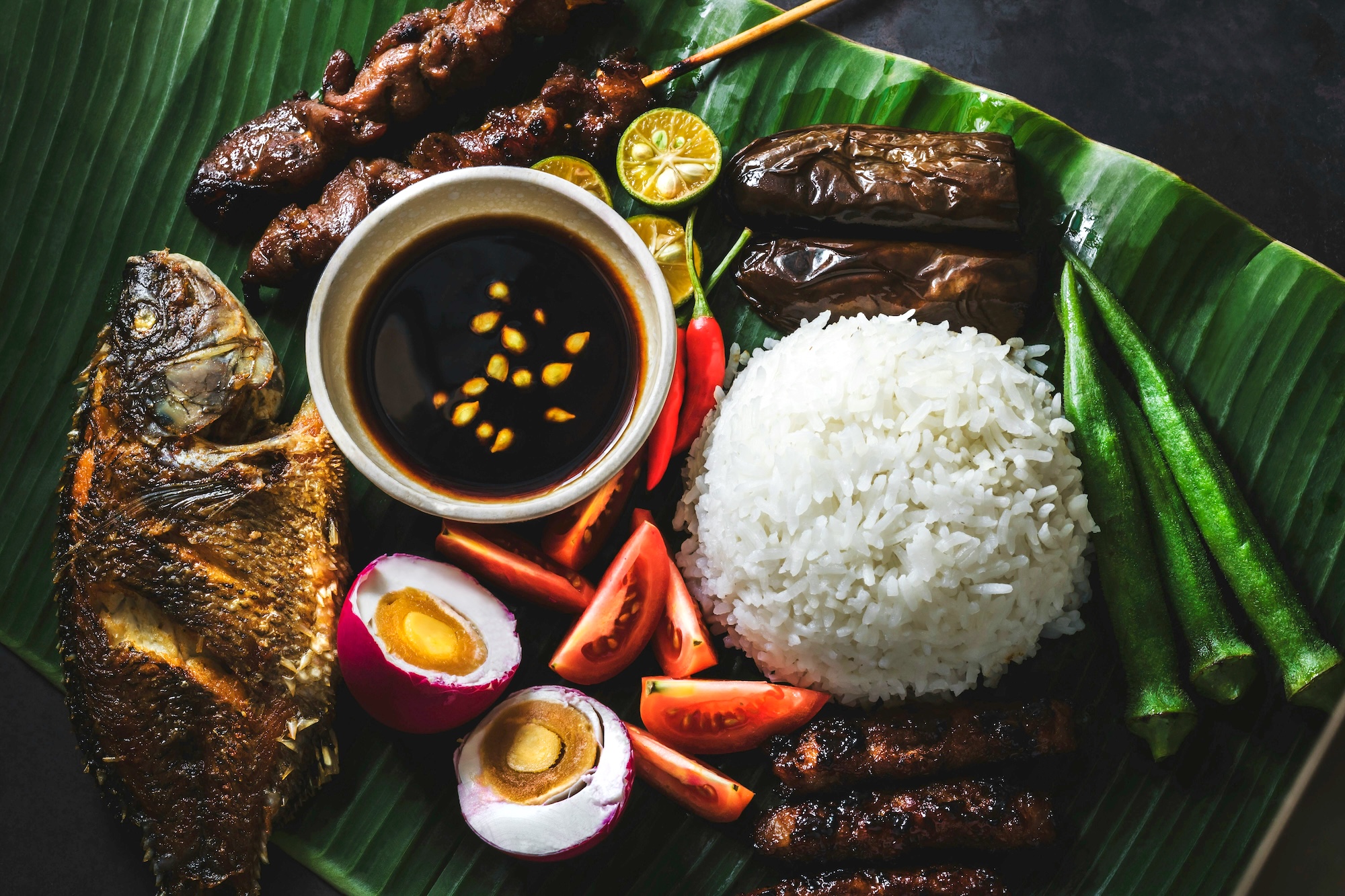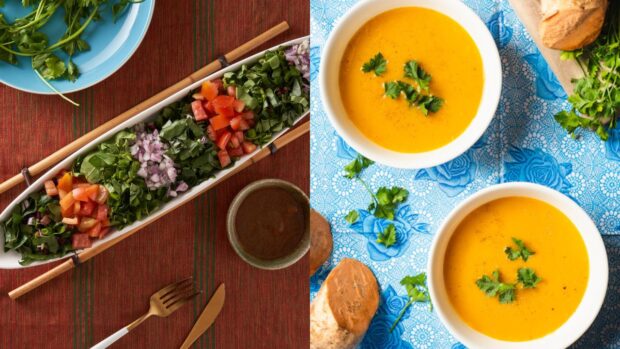In town last Tuesday for the Nespresso Food Forum’s The Next Big Thing were David Thompson, chef of Nahm, which bagged the No. 1 spot at this year’s Asia’s 50 Best Restaurant Awards; Leisa Tyler, regional chair of the World’s 50 Best Restaurant Awards; and Raymond Lim of Les Amis, a restaurant in Singapore that has constantly made it to various lists of Asia’s best.
The forum aimed to answer a question that we have been asking for decades: How can the Philippines get on the list of world’s best restaurants?
Thompson shared the story of how Nahm, a Thai restaurant, became recognized in London, where its first branch opened. He related how he did it on his own terms, without compromising flavor, even if some guests requested to tone down the spice. The authenticity of flavors became the restaurant’s trademark, and soon it was on the list of the world’s best.
Then he went on to the bigger challenge: opening a Thai restaurant in Bangkok. The thing is, Thompson is Australian, so people were skeptical. But his passion proved productive. He did his research, so much so that he has written an encyclopedia on Thai cuisine, and today is regarded as an authority on Thai food.
It was proposed that maybe this is something that should be done by Filipino restaurants as well. Serve Filipino food—even abroad—without compromises. Let’s unabashedly present to the world our flavors, full back fat and all!
No copycats
An observation that Tyler had about Filipino “fine dining” restaurants is that a lot of dishes are imitations of dishes at other “best” restaurants of the world, whether in Europe or the United States or other parts of Asia. “I ate at this restaurant here in the Philippines (she wouldn’t name it) and I swear every dish that was served I knew which restaurant the chef copied it from.”
Lim explained it is important for chefs to expose themselves to trends around the world, but only to gain a new sense of perspective in order not to become outdated. Exposure should not lead one to copy dishes, she said.
Innovate but go local
What is important, they all concurred, is that chefs innovate. Put your stamp on what you serve, don’t just copy. Make it your own. Your restaurant must have personality, although this must be matched with flavor.
One way to make your personality shine is to use local produce. Margarita Fores, also a speaker at the forum, talked about how all her restaurants are embracing the farm-to-table movement and how fulfilling her journey in putting up Grace Park—which just turned one year old—has been.
She talked about how she has partnered with local farmers and marveled at pleasant discoveries she had made along the way. Malagos cheese, for instance, produces European-style cheese using local goat’s milk, while in Mindanao one would find not only pineapples but also tomatoes, just like the ones that she would find in Italy.
No Filipino food
A shocking input came from Tyler, who said that she went to Bacolod and found no Filipino food. She was able to taste inasal, but aside from that, there were just the franchises.
With all due respect to Chickenjoy, maybe it’s time for the government to further improve it’s micro-entrepreneurship programs to encourage the growth of small Filipino restaurants in the provinces to compete with large franchises and truly showcase our flavors.
Gov’t support needed
One thing that everyone agreed on, though, was that government support is important.
Raymond Lim, in his talk, gave the example of Singapore’s Your Singapore and Sweden’s Visit Sweden. Singapore had a food truck that went to major cities around the world—Spain, New York, Paris, Tokyo, etc., showcasing Singaporean food; while Sweden launched a massive campaign calling the country “The New Culinary Destination.”
Can the Philippines be the next big thing? Tyler thinks so. “With the right campaign, it will take only five years tops to make the Philippines the next culinary destination.” Let’s drink to that!













































